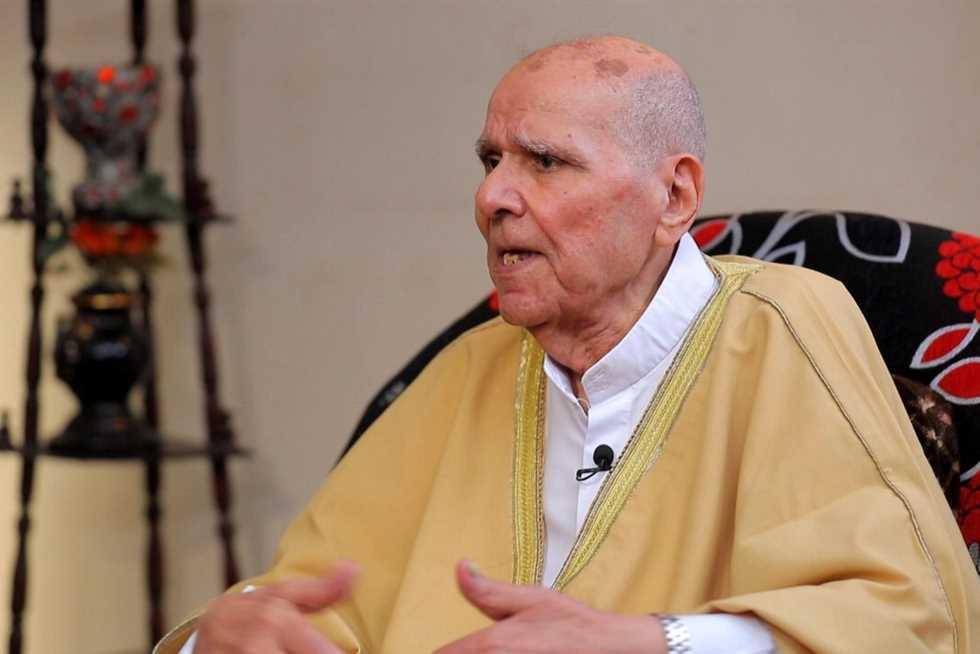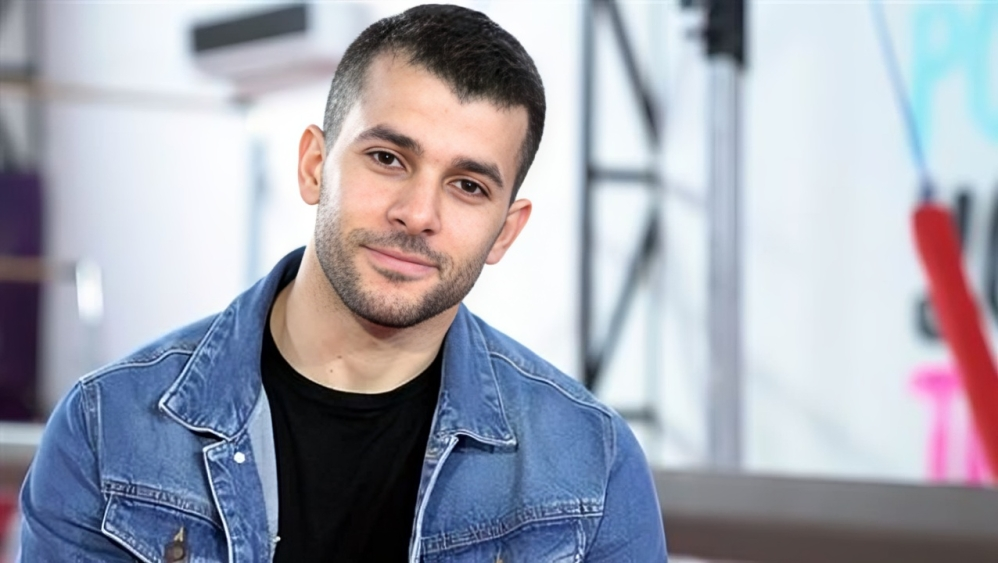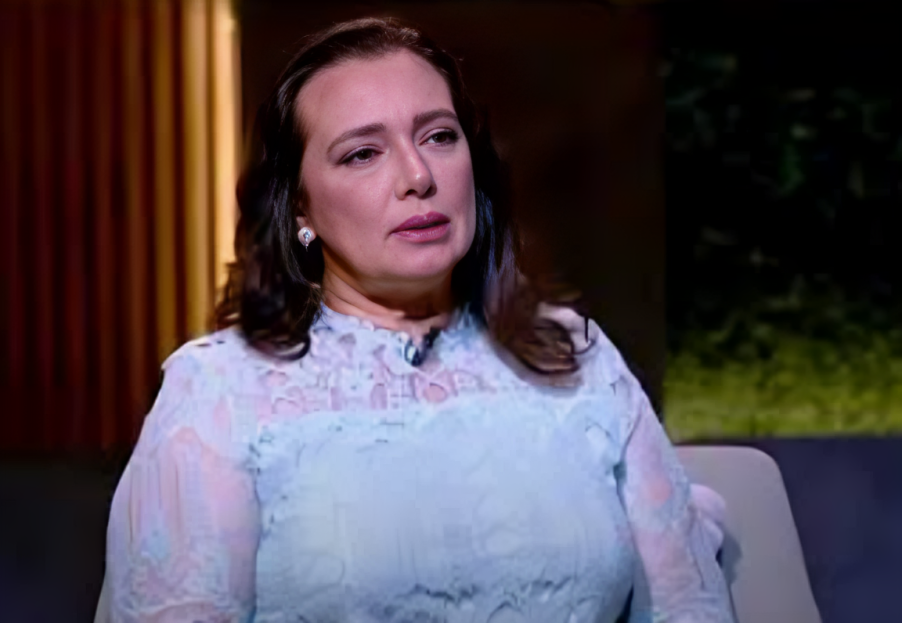Veteran actor Naeem Issa passed away on Monday morning at the age of 92, following a long struggle with illness. His family has not yet announced details regarding the funeral or the arrangements for his burial. He leaves behind a rich artistic legacy spanning decades, during which he was one of the most recognizable comedic faces in Egyptian drama, theater, and cinema.
Three years ago, the late actor appeared in a rare and emotional interview on the TV program "Wahad Min El-Nas" (One of the People) with host Amr El-Leithy. In that appearance, he spoke with sorrow about moments of psychological pain and betrayal, especially after his name began to fade from the artistic scene—despite his long history and the works he shared with top stars, most notably the iconic Adel Imam.
In the interview, Naeem Issa revealed that he had acted in most of Adel Imam’s films and that they had shared mutual respect and warmth. However, this professional connection began to fade when actor Youssef Dawood entered the scene, which gradually reduced Issa’s roles. He admitted to feeling hurt that Adel Imam neither supported nor contacted him later, despite their longstanding relationship. “I’m not angry at Adel Imam,” he said, “but I was upset that he replaced me so suddenly—that hurt.”
Despite the bitterness of the experience, he sent Adel Imam a heartfelt message: “May God give you strength and health. You are a great artist and a source of pride for anyone who works with you.” While the message reflected forgiveness and admiration, it couldn’t hide his inner pain.
In another part of the interview, Issa discussed his six-year absence from the entertainment world following a small role in the series "Share’ Abdel Aziz", which he felt diminished his career. He expressed confusion over why he was marginalized, wondering if it was due to a new generation of directors who didn’t value his experience.
Over time, his health deteriorated, requiring two hospitalizations. He received little support from the artistic community, with the sole exception of the head of the Actors’ Syndicate, Dr. Ashraf Zaki, who visited him, offered moral support, and oversaw two heart stent procedures. According to Issa, no other artists reached out, which saddened him more than the illness itself.
In a touching moment, he spoke about his financial struggles, noting that his monthly pension was insufficient to cover basic needs. He partially relied on his children’s help, especially with high rent and medical costs exceeding 2,000 EGP per month. His last wish was to perform Umrah with his daughter, praying that God would allow him that blessing.
He also shared his sorrow about being forgotten and neglected. He said he never imagined he’d end up sick, alone, and far from the spotlight, with former colleagues not even sending a message to check on him. “Why doesn’t anyone ask? Why doesn’t anyone visit? I spent my life in art and helped many people, but when I needed support, no one was there.”
His tone during the final interview reflected deep sadness that time could not heal, and a disappointed view of the artistic community he had long belonged to. Still, he held on to hope, praying for his children and urging them to stay united and loving, saying that family is the true source of support in life.
Thus, Naeem Issa left this world, but he remains in the hearts of his fans, who loved him for his comedic villain roles, distinctive voice, and expressive face that brought joy to generations. He may be gone physically, but his voice and laughter live on in the memory of Egyptian art—testament to a man who loved acting until the very end and faced his circumstances with dignity and grace.
Perhaps his passing carries a message for those still here: that artists need more than honors at festivals—they need love, support, and loyalty, especially when the spotlight fades.






